History of Malaysia
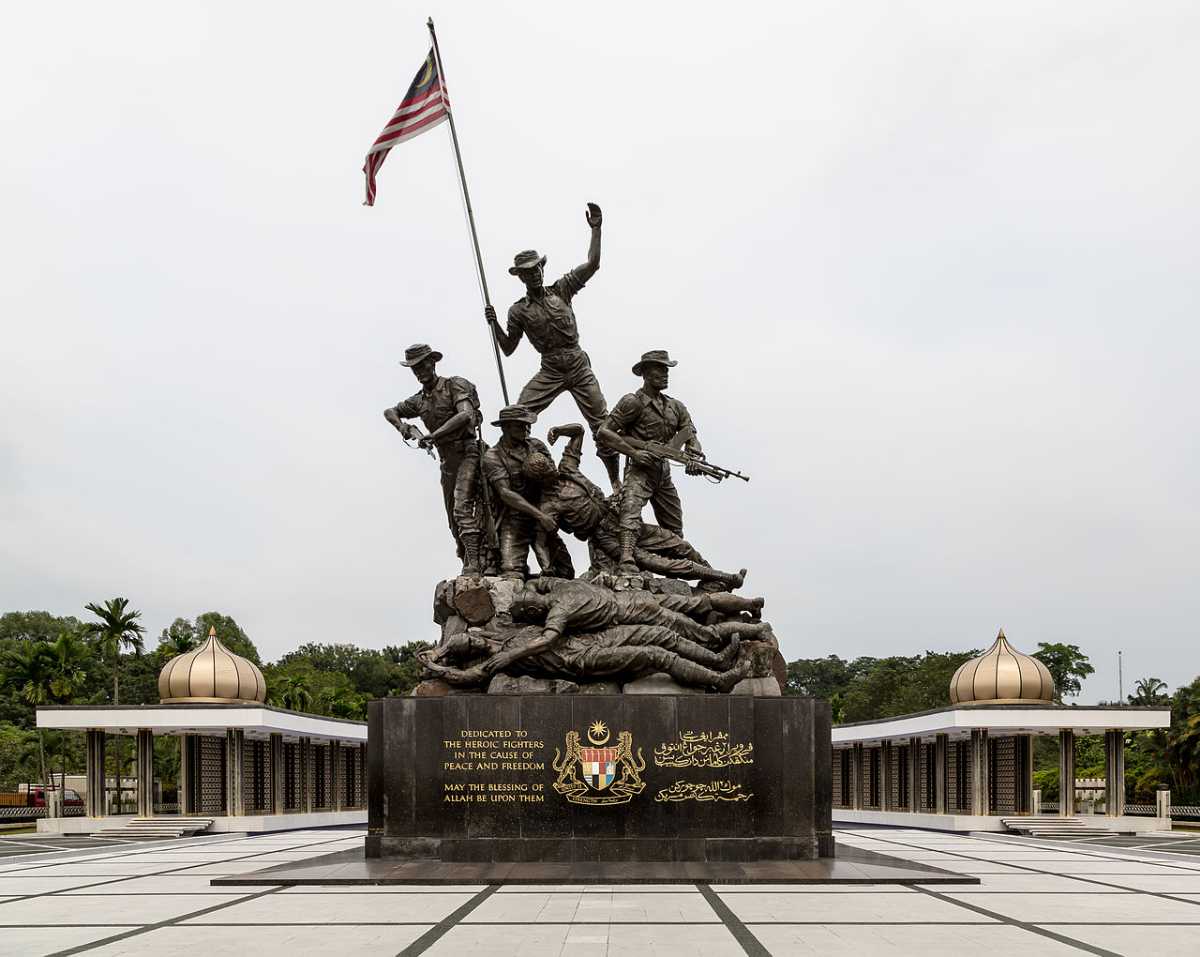
Malaysia was colonised by the Portuguese, Dutch, and British in the 16th and 17th centuries, leading to a few centuries of colonial rule – many wars were fought in the Malay coast and nearby islands during this time. Conflicts and tensions between the different migrants and ethnic groups in the peninsula grew after World War II, which led to the independence of the Federation of Malaya in 1957, and the final proclamation of Malaysia as a sovereign country in 1963.
Malaysian Languages
Bahasa Malay and English are the most commonly spoken languages in Malaysia, but the thriving migrant population has ensured the spread of Mandarin Chinese, Tamil, and other Asian languages. English is the official language of communication, and most locals are bilingual. It is advised to know a few phrases in the local language – Malay – to warm up to the locals.Common Phrases
· Selamat Malam: Good evening
· Selamat Jalan: Goodbye
· Terima Kasih: Thank you
· Ya/Tidak: Yes/no
· Sedap: Delicious
· Berapa: How much for this?
Food of Malaysia
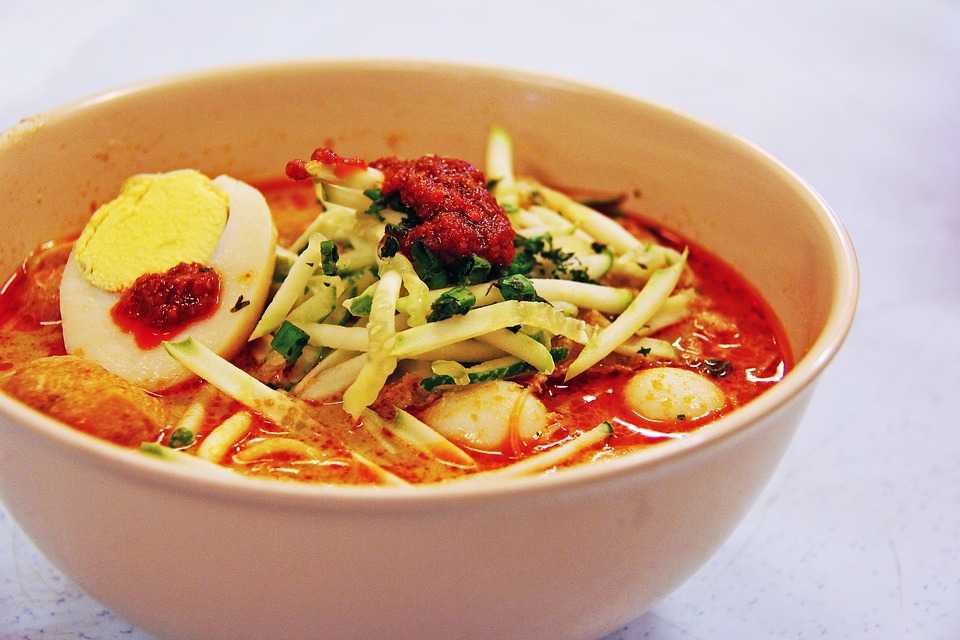
The predominant flavours used here include coconut, jaggery, tamarind, spices, and meats like chicken, mutton, and beef. Pork is rarely used in Malaysian food for religious reasons. The street hawker stalls are a cost-effective option to try the local cuisine; the highlight of the culture in Malaysia, without leaving a dent on the wallet. Tipping is not a mandatory part of the culture in Malaysia.
Festivals in Malaysia
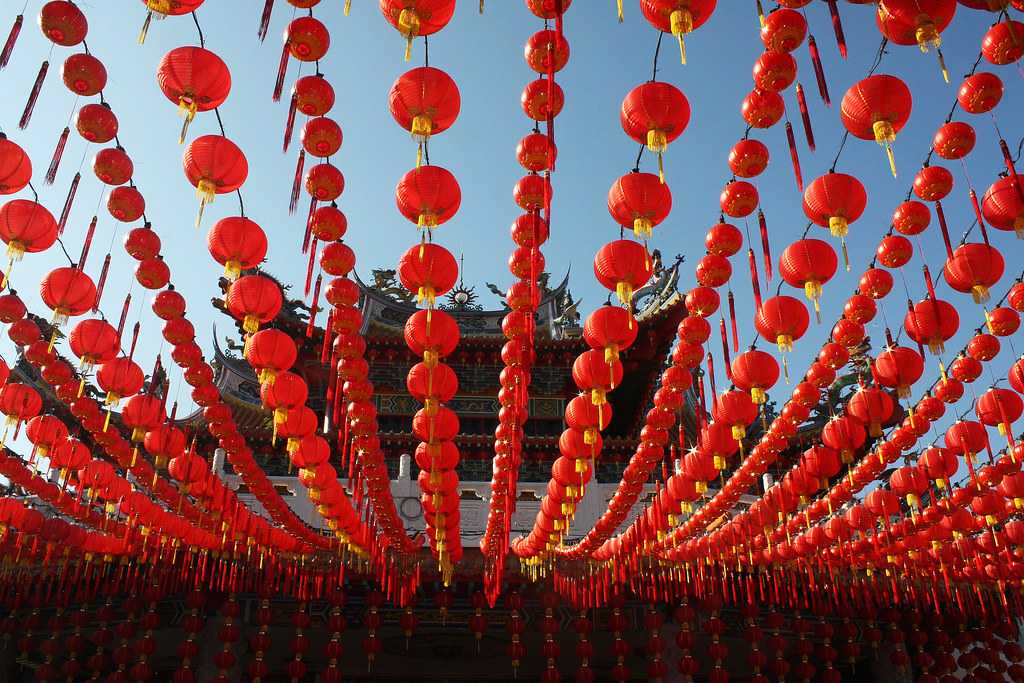
Hindu festivals like Thaipusam (January/February) and Diwali (November) are best enjoyed at temples like the Batu Murugan temple, while the Dragon Boat Festival (December) and Malaysia Water Festival (April) see long snake boat races and dragon dances as a vital part of the culture in Malaysia. Eid (May) and Milad Un Nabi (October) promise lip-smacking biryani and kebabs with music performances and merrymaking. Music festivals like Urbanscapes and the Good Vibes Festival draw younger crowds.
Folk Dance & Music
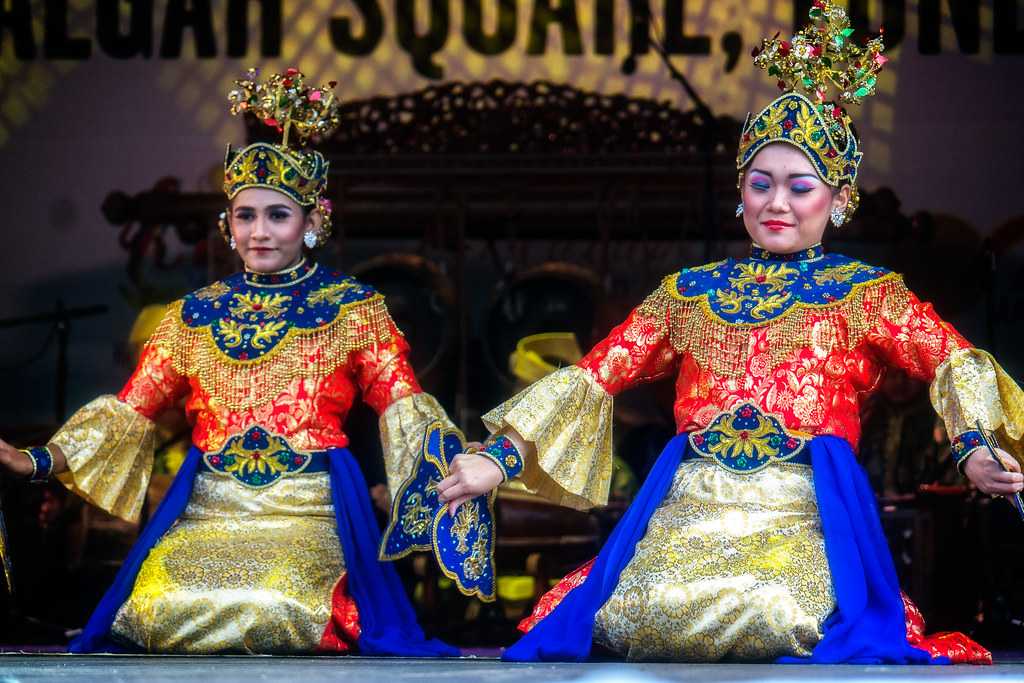
Arts and Crafts in Malaysia
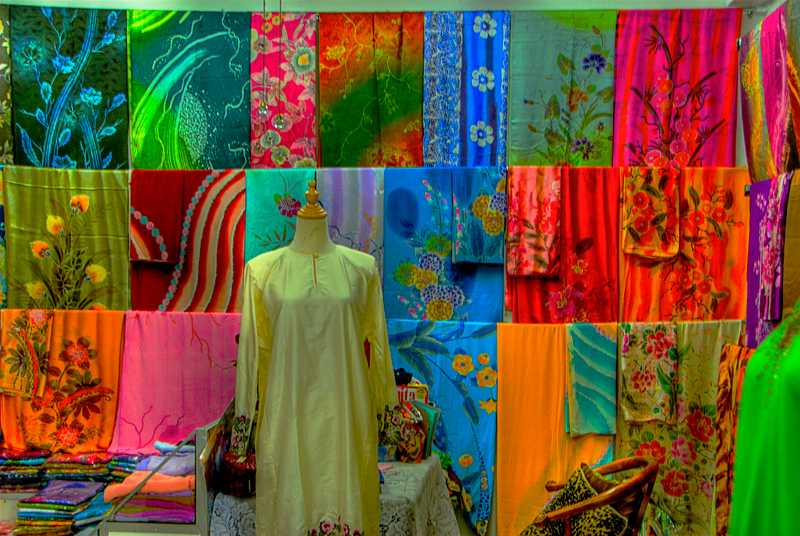
Religion in Malaysia
While Malaysia is a predominantly Muslim nation – Islam is the national religion – there is thriving religious diversity in the country. Muslims, Hindus, Buddhists, Christians, and practitioners of Chinese indigenous religions coexist peacefully in the country. With distinct pockets and neighbourhoods of temples, mosques, Buddhist shrines, Chinese temples, and churches, the culture of Malaysia is home to several places of worship where one can find peace and serenity. It is important to note that the country imposes compulsory Islam on the ethnic Malay population, while other groups are allowed to practice their religion of choice.Malaysian Architecture
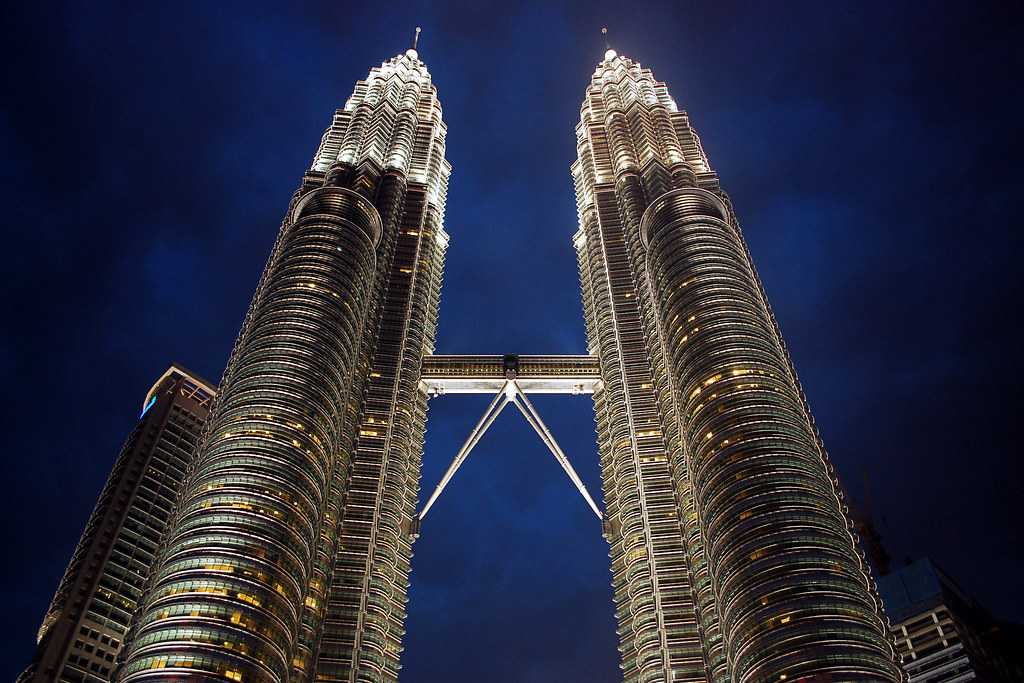
The garden city of Putrajaya stuns with its lush green scape. The Malay palaces are regal and inviting, with luxurious artefacts and East Asian carpets lining the walls. While the city is replete with tall buildings and sleek, glass façades, the culture of Malaysia also upholds Dravidian temples, Chinese monasteries, spire-like mosques, and tall churches lining streets with Malay shophouses and shacks in tow.
Law and Order in Malaysia
Sharia Law governs the Muslims in Malaysia – this means that enticing a Muslim to break these laws, like drinking alcohol, is punishable. Driving under the influence of alcohol is punishable by immediate arrest and may lead to more complications. Malaysia has a strict drug policy – drug-related offences are punishable by death. Keep in mind that causing damage to the natural ecosystem, removing flowers, and causing harm to fauna is a grave offence here, and maybe punished by caning. The culture of Malaysia staunchly stands against environmental damage.Malaysian Customs, Traditions & Etiquettes
- Malaysians place a huge emphasis on family and self-respect.
- Raising one’s voice and arguing in public are considered faux-pas, so do not escalate a fight into loud arguments.
- PDA is frowned upon, so do not engage in PDA while out in smaller towns.
- Avoid touching the head while engaging in conversation – this is considered rude.
- Use only the right hand to give and take things.
- While meeting the locals, remember that some may not be comfortable with shaking hands with the other gender – especially when it comes to Muslim women.
- Always wait for the other person to extend their hand, or opt to bow with the hand to the heart as a form of greeting.
- It is recommended to take along a gift while meeting a local for the first time. Remember not to gift alcohol or pig-skin-lined items to Malays.
- If visiting a Chinese home, wrap gifts in bright red or yellow wrapper, but do not take along flowers – they are considered funeral gifts.
- If giving money to Indians, provide it in odd-numbered denominations only.
